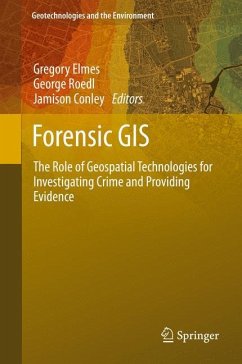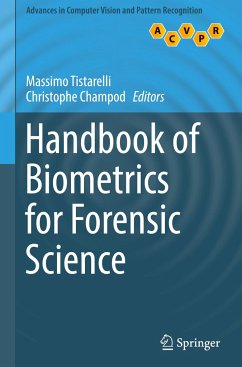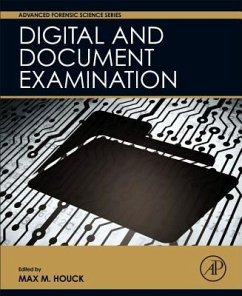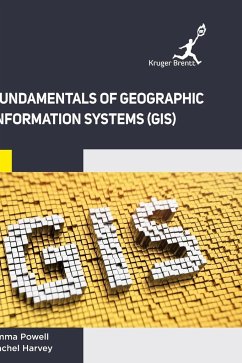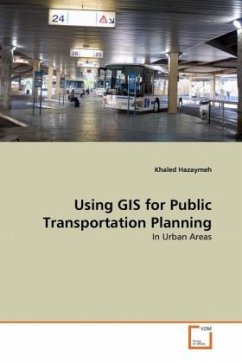
Forensic GIS
The Role of Geospatial Technologies for Investigating Crime and Providing Evidence
Herausgegeben: Elmes, Gregory A.; Roedl, George; Conley, Jamison
Versandkostenfrei!
Versandfertig in 6-10 Tagen
113,99 €
inkl. MwSt.

PAYBACK Punkte
57 °P sammeln!
A variety of disciplines and professions have embraced geospatial technologies for collecting, storing, manipulating, analyzing and displaying spatial data to investigate crime, prosecute and convict offenders, exonerate suspects and submit evidence in civil lawsuits. The applications, acceptability and relevance and procedural legality of each geospatial technologies vary. The purpose of this book is to explain the nature of geospatial technologies, demonstrate a variety of geospatial applications used to investigate and litigate civil and criminal activities and to provide a reference of cur...
A variety of disciplines and professions have embraced geospatial technologies for collecting, storing, manipulating, analyzing and displaying spatial data to investigate crime, prosecute and convict offenders, exonerate suspects and submit evidence in civil lawsuits. The applications, acceptability and relevance and procedural legality of each geospatial technologies vary. The purpose of this book is to explain the nature of geospatial technologies, demonstrate a variety of geospatial applications used to investigate and litigate civil and criminal activities and to provide a reference of current acceptability of geospatial technology in the production of evidence. This book is an introductory overview designed to appeal to researchers and practitioners across disciplinary boundaries. The authors of this book are researchers and practitioners across disciplines and professions, experts in the field.





